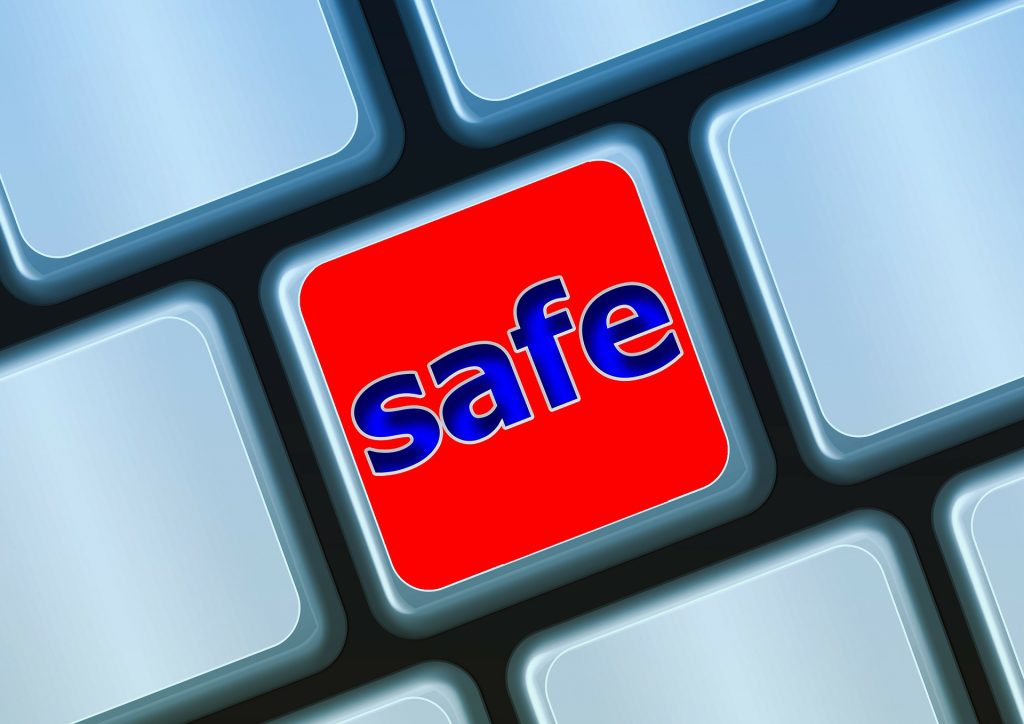Now that the ball has dropped and another New Year is upon us, we inevitably start looking inward and setting new goals for the next twelve months. Whether personal or professional, we all reflect upon the past and look to identify areas where there’s room to improve in the future. The same holds true for your computer security.
With hacking and all types of cyber threats becoming more commonplace, it’s important to be vigilant about common-sense computer security to prepare yourself against the threats that are on the horizon for 2022.
- Create and use strong passwords. This is one of the easiest ways to ensure computer security and protect against hackers gaining access to sensitive data by guessing your password. 59% of people use the same username and password for all their accounts so if hackers can gain access to one account, they can potentially access them all. Always use strong passwords that contain between 8-15 characters with a mix of uppercase and lowercase letters and numbers or symbols.
- Above all else, back your data. Nothing is more important in the event of an incident than the ability to easily restore your computer to its previous, safe operational state.
- Regularly update your anti-virus software. While it can be tempting to click on the ‘remind me later’ button when a security software update pops up, you should always install these updates as soon as they become available. New vulnerabilities are discovered all the time and unless patches are applied, hackers can exploit these vulnerabilities.
- Run a full scanning program at least once a month to identify and isolate any bugs that might have slipped through regular anti-virus defenses.
- Use anti –malware protection in addition to your anti-virus software. Malware is a particularly troublesome problem in today’s data-intensive world. While most anti-virus programs offer decent protection, they’re far from complete or comprehensive. Anti-malware programs offer that extra little bit of peace of mind.
- Stay on-guard to new phishing schemes and scams. Phishing is a type of online scam where criminals send an email that appears to be from a legitimate company asking you to provide sensitive information. Phishing schemes have now become so prevalent and successful that it’s increasingly difficult to determine what emails are real and which are not. Here are some clues indicating if an email is actually a scam:
-
- Grammatical errors. This one is a dead give-away. If you see incorrect capitalization, spelling and/or grammatical errors, there’s a good chance the email is fake.
- The email is not addressed to the recipient. If you have an account with a legitimate company, they’ll know your name.
- They try to reassure recipients by encouraging them to confirm the email is from the company by using a hyperlink they provide. Never click on the link. If you’re curious, look up the company address yourself.
- Hover over the email “From” address and check to ensure the URL is consistent with that company.
7. Avoid oversharing on social media. To stay safe on social media, be selective about what you share online and with whom, provide limited information on social profiles, don’t tag your location, and use enhanced privacy settings.
8. Don’t use public Wi-Fi to send important data over the Internet. We all love the convenience of public Wi-Fi when we’re away from our home or business. However, using it does pose a very real threat due to man in the middle attacks, in which hackers position themselves between your computer and a website, and intercept the data you send and receive. This gives hackers the opportunity to get their hands on your passwords, emails, banking information and much more. If you have to use public Wi-Fi for important work, be sure to use a VPN to create an encrypted connection.
All of us at Security Specialists Wish You a Happy and Secure New Year!











